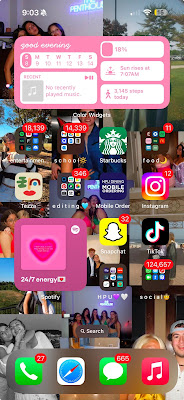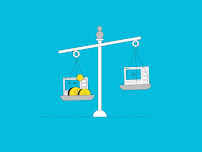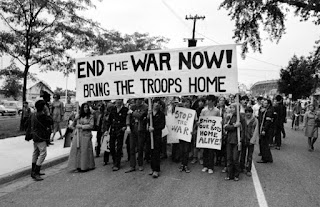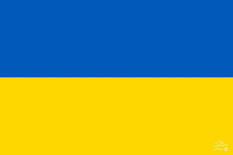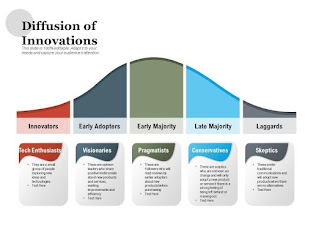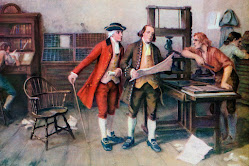Technology has revolutionized every aspect of modern life, shaping the way we communicate, work, learn, and interact with the world. We have always been aware of this, it's nothing new. From the dawn of its creation, technology has always been the driving force for human progression. Whether it be the creation of the printing press, the internet, the telephone, or even artificial intelligence, technology has always pushed the boundaries of what is possible. Thanks to this class, I have learned that anything is possible, and nothing is unimaginable.
At its core, technology was a tool that was designed to solve problems and meet the wants and needs of human beings. Throughout history, technological advancements have led to overall greater efficiency and productivity in nearly every field.
The Industrial Revolution is a prime example of that. With the creation of factories and machines, products were created in large batches at a fraction of the time it would take its competitors living in rural areas to do so. Production went from a singular individual, working on a singular product to multiple people, with the help of machines, working on different parts and products at the same time. The revolution also changed our overall view of society, with the creation of new jobs, a new idea of what a typical workday looked like, and even an individual's place within society in terms of status.
On the surface, technology, in particular, the internet, has provided us with the ability to connect with billions of people worldwide. In medicine, technology has improved treatment options, and patient outcomes and created new machines and tools that have saved lives.
But for every positive aspect, there is always a negative one. Social media is one of the most controversial outcomes of technology because although it has improved communication and our access to information in the past few years, created millions of jobs, and provided financial opportunities to the average person, it has also led to impacts on our mental health, and privacy. Research has shown us that constant exposure to certain images and lifestyles on platforms like TikTok and Instagram can lead to unrealistic ideas and/or expectations, as well as an increase in anxiety and depression. Heavy social media use, especially for developing girls, like myself, can lead to eating disorders and poor views of our bodies, feeling inadequate in our overall self-worth, and this outrageous idea of needing to be perfect.
Then there is also the obvious, which is that social media has affected the power and beauty of face-to-face social interactions. People are less honest and open with themselves and with the people that they interact with, simply because they have a screen to hide behind. There is less empathy in our society, people are less kind and caring and simply live in this mindset where it's every man for himself and nothing else matters.
In the past couple of years, I have found myself gradually stepping into the world of content creation and it has been such an eye-opening experience. To go from gaining inspiration, joy, and new perspectives, to having the potential to share that and create it for other people is remarkable and empowering. While my ultimate dream is to attend law school, a goal that I am actively working towards by being in college and taking this class, I have come to realize that social media offers financial opportunities and experiences I never imagined. I have yet to really dive into all of the things that I can do with this platform that I have created. As of right now, it's simply about sharing what my day-to-day life looks like as a sophomore at High Point juggling my education and extracurriculars.
What excites me the most is not the money aspect, but the fact that it's about having a community to stand with, being able to express myself, and also having the opportunity to explore a creative side of myself that complements my academics.
Law school is my primary focus, I have worked too hard to walk away from it. But I think it's nice knowing that there is something else out there that I love that can set me up for financial stability and future prospects.
I was always afraid of using AI or any websites that were rooted in it because I was worried that they would know too much about me, or steal my personal information. However, when used responsibly, AI has been such an incredible tool for me to use to enhance my academic journey. Now I use it almost every day to support my studies in law and psychology.